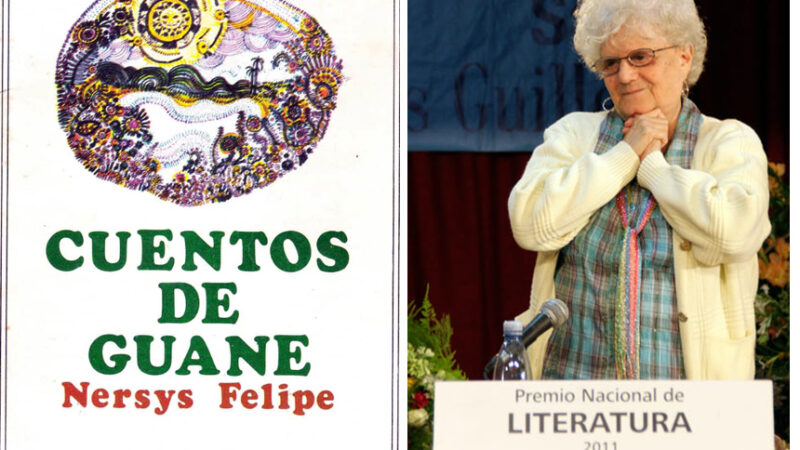Communication in a Digital Era

The digital public space is contemplated in the Draft Bill of the Cuban Social Communication Law. Anteproyecto de Ley de la Comunicación Social de Cuba.
In contemporary societies, the use of technological platforms has led to increasingly irreversible changes in communication.
Through the use of big data -massive data- in the new era, large-scale phenomena are produced to extract perceptions or create new forms of value, in such a way that markets, organizations, relations between citizens, and governments are transformed. It is said that since the psychiatrist Carl Jung decoded how human beings dream, no operation to find stories in the abstract world has been so powerful and strong (1).
Today, the influence of the digital world is based on the fact that the actions we take online and offline leave traces: every search, every purchase, every scroll on a smartphone, and every reaction on social media. All this changes behaviors because the digital world has changed the traditional transmission pattern to give way to a complex and diverse global scenario, which generates the coexistence of plural, polysemic discourses, narratives, and media practices in constant change.
The social scenario generated by the media has also changed a lot, immersed in the unpostponable need for transformation based on the application of new mediations and logic, as part of the consolidation of the active reception process in which individuals are increasingly critical of the message received. In this scenario, some mutations can be observed in media work: in online content writing, four paragraphs are now enough, short sentences dominate and every link is information because linking well implies credibility and added value.
The new communication paradigm also requires greater participation, emphasis on the role of citizens, and the inclusion of audiences in the processes of production, symbolic interpretation, and design of media agendas.
All this occurs in times in which news is not only read by audiences but also written by them. That is why it cannot be ignored that audiences want to talk, because the relationship with them must always move away from a simple offer of content, to become increasingly closer to a colloquial conversation.
Finally, the beginning of what is known as the Web 2.0 era has given way to new narrative grammar in Communication and Journalism, which involves cultural challenges for traditional organizations, the irruption of information technology in the ‘old’ media, and the power of social media, among other conditioning factors that mark the present.
The digital world in the articles of the Preliminary Bill
Article 46. State bodies, agencies of the Central State Administration, national entities, local bodies of the People’s Power, media institutions, the business sector, and other economic and social actors, as appropriate, manage the processes of social communication in the digital public space and are responsible for the content they generate and socialize on those platforms, in accordance with the provisions of the Constitution of the Republic of Cuba, this Law and other regulatory provisions.
Article 49. The providers of digital contents and the providers of computer applications are obliged to: a) be responsible for the content they generate, modify or select; b) guarantee the implementation and inform users about self-regulation mechanisms that prevent the publication of content that violates the provisions of the Constitution of the Republic of Cuba, this Law and other regulatory provisions in force; c) provide effective blockers for unwanted content that guarantee the right of their users to choose the content of their interest; d) protect the content they store and its use by third parties, both national and foreign, unless there is express authorization from the users; consent is always revocable by the user or competent authority; e) the protection referred to in item d) is extensible to any type of national software that attempts to collect contents stored in the user’s devices; f) inform and obtain consent from users for the installation of small storage files, which are installed in users’ browsers to capture information about them; g) prohibit content that is part of cyberbullying actions, understood as online harassment or abuse aimed at intimidating, frightening, angering or humiliating any person; h) not to allow the use of contents created from already existing images, audios and videos, manipulated by means of unsupervised learning algorithms, to create falsified realities, for any end or purpose; and i) to inform users of their responsibility for the use of the Internet for illicit purposes, in particular, for the commission of criminal offenses and for the infringement of the legislation on intellectual property.
The contents of computer programs and applications, as well as of video games and other computer products and services, shall comply with the provisions of this Law and other regulatory provisions in force.
Article 51. The operators and providers of public telecommunications services and the providers of public and private accommodation and lodging services, in accordance with the provisions of this Law and the specific regulations of the Ministry of Communications on this matter specific regulations of the Ministry of Communications in this matter, participate in the control and supervision of compliance with what has been established, and notify the providers of online content and applications when violations are detected.



